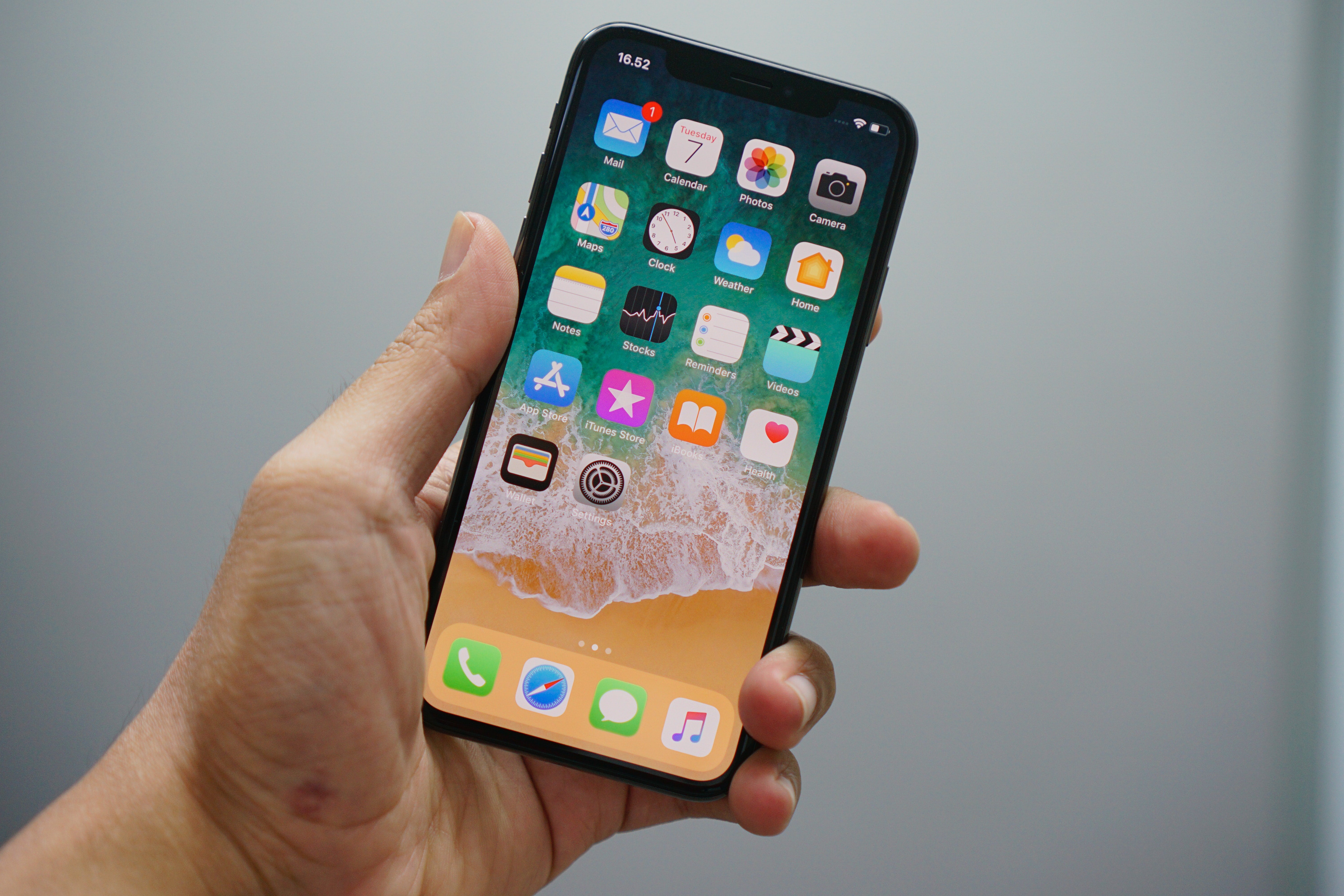The Independent's journalism is supported by our readers. When you purchase through links on our site, we may earn commission.
Apple iPhones could be forced to change plug by rumoured new European law
The executive is drafting a law that would establish a common charger for all smartphones

Apple could be forced to ship future iPhone models with USB-C connections found on Android phones, rather than the conventional Lightning cable, should new legislation from the European Commission come to pass.
The executive is currently drafting a law that would establish a common charger for smartphones and other electronic devices within the 27 countries that make it up, according to an anonymous source speaking to Reuters.
It follows years of attempts by the European Union to standardise chargers, and a 2020 vote in which lawmakers overwhelmingly supported a common plug, arguing that it would be more convenient to users and save on environmental waste.
That rule would not only apply to phones and tablets but also e-readers, cameras, and wearables such as the Apple Watch. The motion passed by 582 votes to 10.
At the time, Apple retorted that any ‘common charger’ legislation would apparently hurt innovation and create more waste if users were forced to switch cables, but whether that argument will hold water remains to be seen.
Apple does already use the more standard USB-C charger in its MacBook laptops, as well as certain iPad Pro and Air models.
Other companies including Google, Samsung, and OnePlus have added new innovations in software and hardware while maintaining the same charging port. Apple did not respond to The Independent’s request for comment before time of publication.
Half of all chargers sold in the European Union in 2018 used USB micro-B, while another 29 per cent used USB-C and a further 21 per cent used a Lightning connector, an impact study by the EU found. Apple has used the Lightning charger on devices since it was first released in 2012, and is a proprietary standard – meaning that it is not available to be used by other phone manufacturers.
Last year, Apple claimed that there was no case for regulation as “"the industry is already moving to the use of USB Type-C through a connector or cable assembly.
"This includes Apple’s USB-C power adapter which is compatible with all iPhone and iPad devices. This approach is more affordable and convenient for consumers, enables charging for a wide range of portable electronic products, encourages people to re-use their charger and allows for innovation."
Apple has said that it would be more fruitful to focus on the other end of the cable, which plugs into the wall rather than the phone, to ensure that customers could more easily charge their devices.
The company has also been accused of making its devices less accessible in other ways, such as by legally lobbying against the “right to repair” movement, which argues that owners of iPhones and other devices are being forced to damage the environment by not being able to fix their own gadgets.
In emails published in June 2020, former director of corporate communications Lori Lodes said that Apple was supporting right to repair options while “actively fighting Right to Repair legislation … in 20 states”.
Apple argues that this would pose a danger to users, as well as hampering its own designs, and did not respond to The Independent’s request for comment at the time asking it to clarify its stance on the ‘right to repair’.
Join our commenting forum
Join thought-provoking conversations, follow other Independent readers and see their replies
Comments
Bookmark popover
Removed from bookmarks